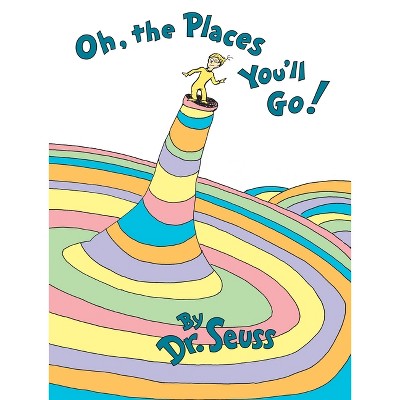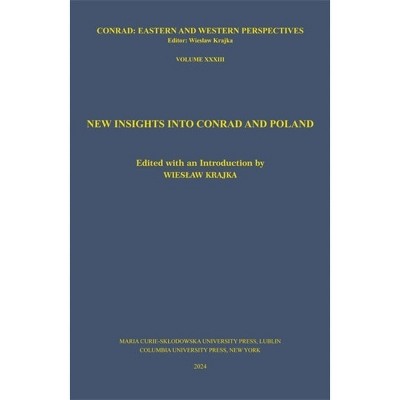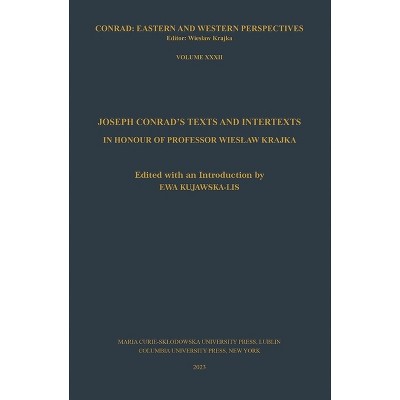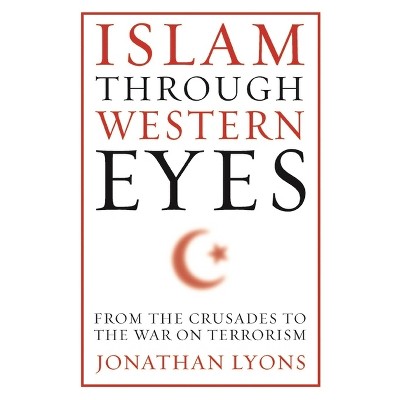About this item
Highlights
- Published in 1911, this political novel delves into the psychological and moral struggles of its characters, set against the backdrop of early 20th-century Russian politics.
- Author(s): Joseph Conrad
- 396 Pages
- Fiction + Literature Genres, Classics
Description
Book Synopsis
Published in 1911, this political novel delves into the psychological and moral struggles of its characters, set against the backdrop of early 20th-century Russian politics. The story follows Razumov, a student in St. Petersburg who becomes unwittingly involved in revolutionary activities. Through betrayal and conflicting loyalties, the novel explores themes of power, authority, and the individual's role within society. Conrad uses his intricate, introspective style to scrutinize the impact of political upheaval on personal lives.
JOSEPH CONRAD (1857-1924) was a remarkable figures in English literature. A master stylist, both lush and precise, his outsider's eye gave him special insights into the moral dangers of the great age of European empires.
From the Back Cover
Under Western Eyes traces a sequence or error, guilt, and expiation. Its composition placed such demands upon Conrad that he suffered a serious breakdown upon its completion. It is by common critical consent one of his finest achievements. Bomb-throwing assassins, political repression and revolt, emigre revolutionaries infiltrated by a government spy: much of Under Western Eyes (1911) is more topical than we might wish. Set in tsarist Russia and in Geneva, its concern with perennial issues of human responsibility gives it a lasting moral force. The contradictory demands placed upon men and women by the social and political convulsions of the modern age have never been more revealingly depicted. Joseph Conrad personally felt no sympathy with either Russians or revolutionaries. None the less his portrayal of both in Under Western Eyes is dispassionate and disinterested. Through the Western eyes of his narrator we are given a sombre but not entirely pessimistic view of the human dilemmas which are born of oppression and violence.











